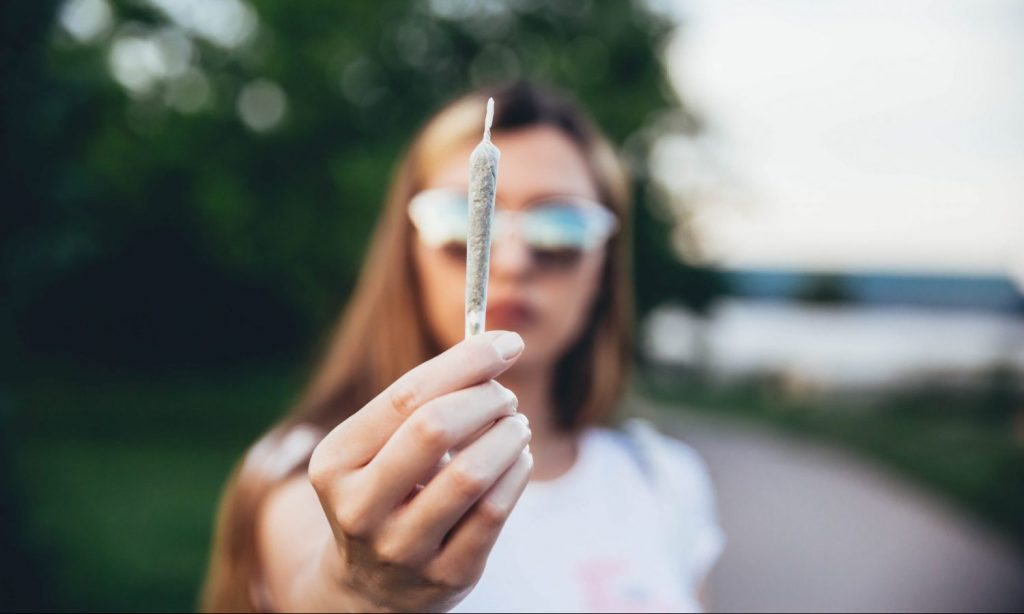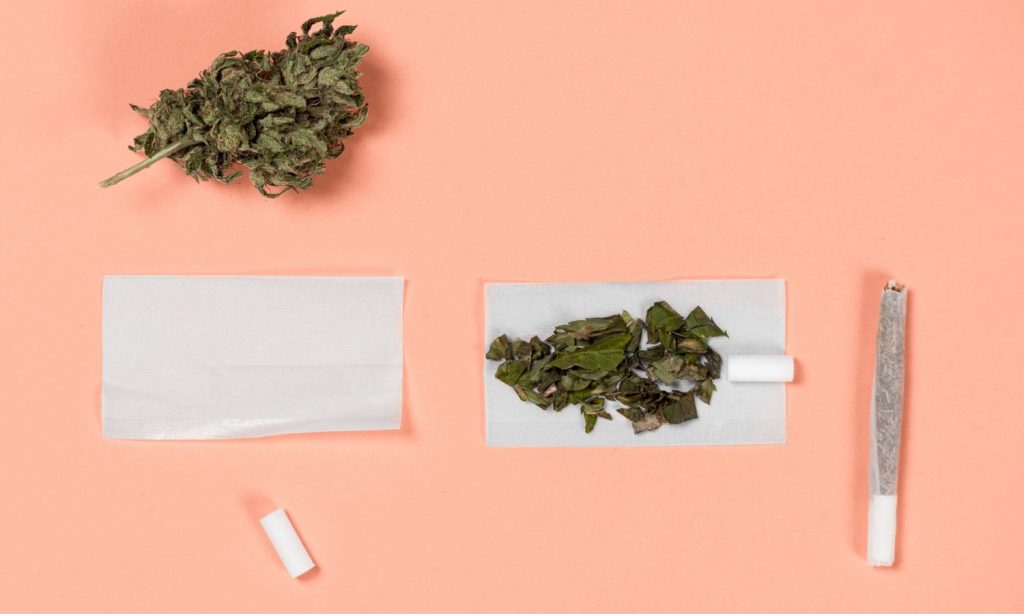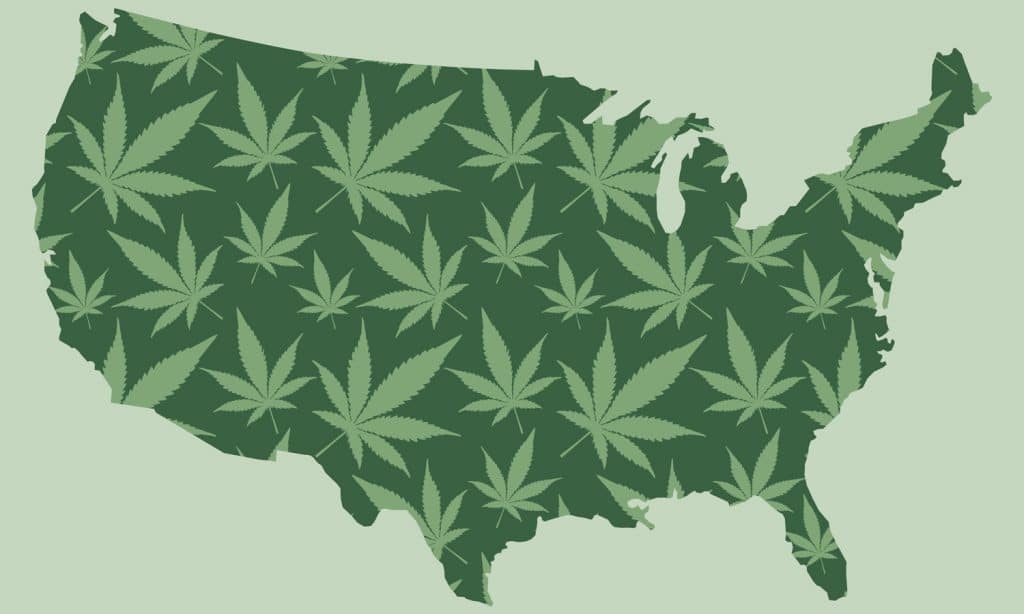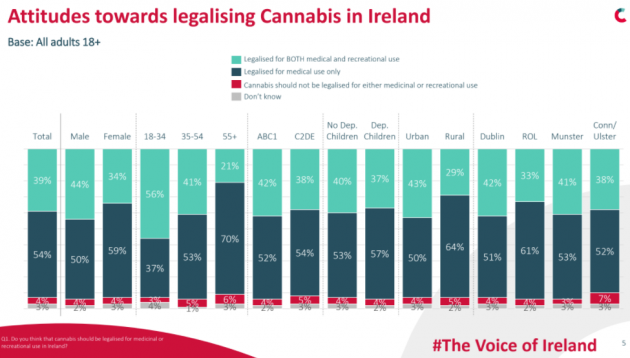On Thursday 15 April, a crucial summit hosted by the Centre for Medicinal Cannabis convened to shape the future of medical cannabis in Britain. Medical cannabis has been lauded as an industry-creating, health-changing, and socially progressive medicine, but the UK has had anything but a smooth transition of medical cannabis from experimental agent to licensed medicine.
Understanding how this group of medicines has developed in the UK is key to understanding where they are heading, and most importantly how best to foster productive interventions for the medical cannabis industry, the clinical space, and above all the benefit of patient care.
Cannabis in the UK
Prior to 2018, cannabis was not a considered a medicine in the UK. Under the Misuse of Drugs Act, cannabis possession was illegal, supply and distribution were strictly limited to the research sphere and no prescriptions had been written of dispensed on UK soil to date. This contrasted greatly with the regulatory landscape in the USA and Canada, where for a decade the prescription and dispensation of medical cannabis has been common practice and very much in the lexicon and formulary of clinicians.
That all changed in November 2018, when Charlotte Caldwell, whose unwell son Billy had been successfully treated with medical cannabis in Canada, sought to return to British soil and continue their lives at home with an ongoing prescription. When Caldwell and her son returned to the UK, his cannabis-based medicine was confiscated at the UK border. Billy fell desperately unwell and was admitted to Great Ormond Street Hospital. With the assistance of a group of experts, Charlotte was able to make contact with the Home Secretary, and after a matter of days the law was changed. Cannabis was moved from a schedule 1 drug, which could not be prescribed under any circumstances, to a schedule 2 drug, meaning it could now be prescribed by a specialist doctor within their area of expertise. The Centre for Medicinal Cannabis was born. Billy was reunited with his medicine, thankfully recovered, and now enjoys a life at home with his mother.
Policy changes
The Centre for Medicinal Cannabis continues to advocate for policy changes which bring the right medicines to the right patients in a way that is transparent, fair and measured. We anticipated an increase in the prescribing of cannabis-based medicines across the UK, but to this date this has not occurred to any significant level. We knew that this would not be immediate. However, after over two years the number of prescriptions written in the UK for such is barely out of triple figures. Any prescriptions written are largely within the small private sector, not the NHS as we would have expected.







